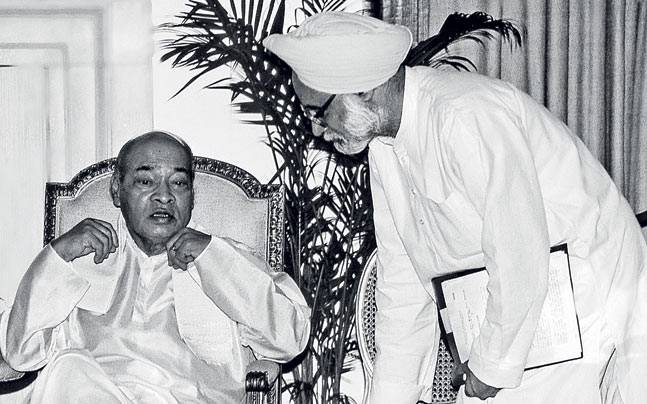nveiling a big-picture vision of India’s foreign policy and its organic linkage with the ongoing transformation of the country, Prime Minister Narendra Modi has underlined his dream of “a thriving well-connected and integrated neighbourhood,” but singled out Pakistan’s use of terror as an obstacle in fructifying this quest.
In an all-encompassing speech on the emergence of “multi-polarity with multilateralism,” as the new normal in the evolving international geopolitical landscape, Mr Modi reminded Pakistan “to walk away from terror if it wants to walk towards dialogue with India.”
“A thriving well-connected and integrated neighbourhood is my dream,” said Mr Modi at the inaugural session of the second edition of Raisina Dialogue, a signature foreign policy conference organised by Ministry of External Affairs, in collaboration with Observer Research Foundation.
“My vision for our neighbourhood puts a premium on peaceful and harmonious ties with entire South Asia. That vision had led me to invite leaders of all SAARC nations, including Pakistan, for my swearing in,” he said. “For this vision, I had also travelled to Lahore. But, India alone cannot walk the path of peace,” he said. “It also has to be Pakistan’s journey to make. Pakistan must walk away from terror if it wants to walk towards dialogue with India.”
Mr Modi’s expose of Pakistan in front of an audience, which also comprised ministers and experts from over 60 countries, was an extension of his diplomatic campaign to isolate Pakistan in the aftermath of the terror attacks in Uri and Pathankot last year.
Mr Modi, however, struck a more nuanced position on India’s relations with China, which remain conflicted and marred by differences over a host of issues, including Beijing’s continuing opposition to India’s membership of the Nuclear Suppliers Group.
Read More









